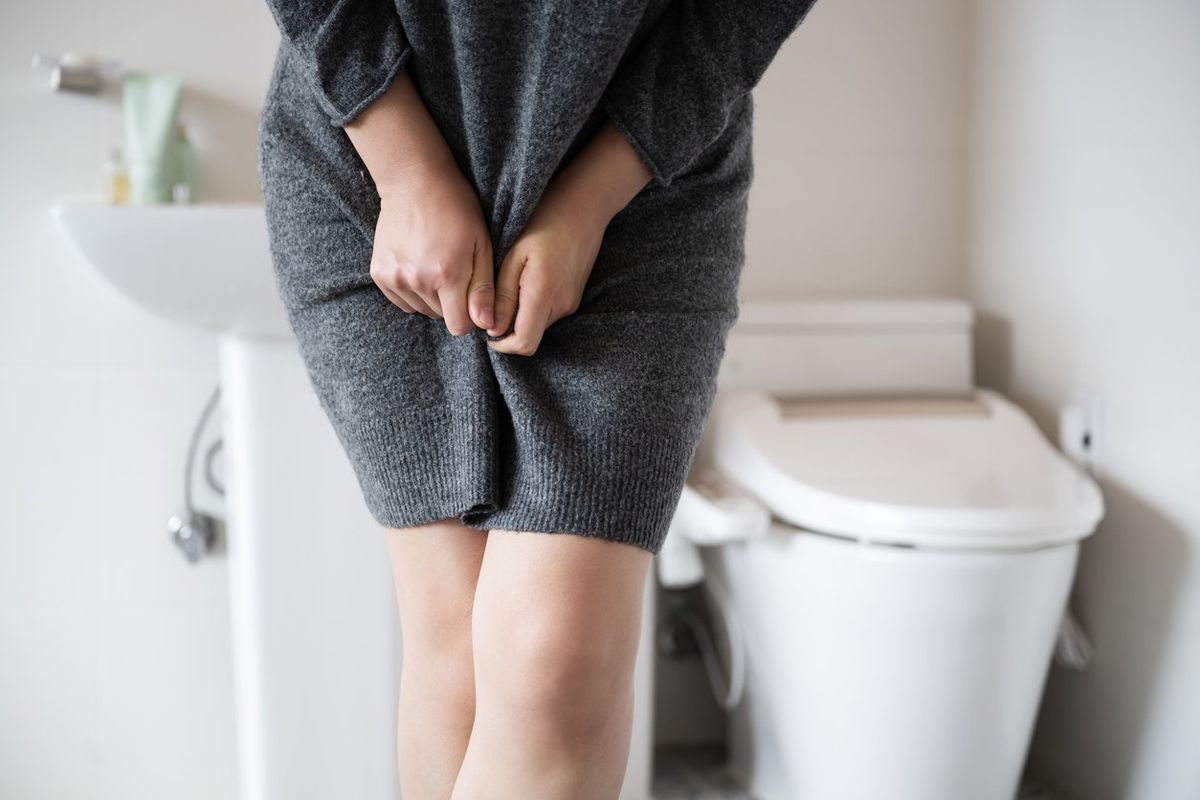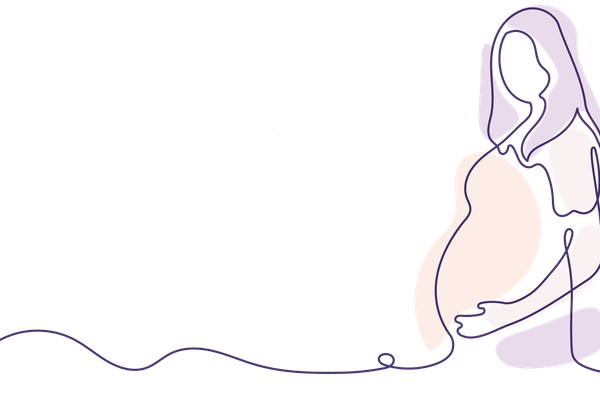Q:
I'm an active, healthy woman in my mid-50s. I have noticed some bladder control problems when I exercise. I never thought I'd have this problem. Is this just part of getting older? I'm not ready for this!
A:
Bladder control problems are particularly common among women, affecting up to one in three at any given time. They can range from occasional leaking when you cough or laugh to an urge to urinate so sudden you don't make it to the toilet in time.
The most common type of bladder problem is known as stress incontinence, in which small amounts of urine leak after coughing, sneezing or laughing or during physical activity. Women may also experience bladder urges (a sudden and uncontrollable urge to urinate); overactive bladder, which causes frequent urination; bladder overflow, in which a full bladder leaks unexpectedly; or a combination of these conditions.
As you get older, the pelvic floor muscles, which support the bladder and urethra lose some of their strength. In addition, after menopause women produce less estrogen, a hormone that helps keep the lining of the bladder and urethra healthy. With less estrogen, these tissues may weaken, which can aggravate bladder control issues.
Bladder problems shouldn't be written off as an untreatable part of aging. For many women, bladder control problems are an embarrassing development they would rather try to ignore. However, there is nothing to be embarrassed about. If bladder problems are causing discomfort or leading you to restrict your daily activities, you should talk to your doctor about possible treatment options.
After ruling out more serious causes, your doctor may recommend a range of treatments or lifestyle changes. Pelvic floor therapy consisting of Kegel exercises, in which you tighten and release the muscles that control the flow of urine, can help to strengthen the pelvic floor muscles. Low-dose, topical estrogen creams, rings or patches may help tone and rejuvenate vaginal tissues. In addition, lifestyle changes like weight loss; reduced coffee, tea, alcohol or carbonated beverage consumption; and quitting smoking may also help to improve bladder control. Medications are available to treat urge incontinence when it doesn’t improve with other treatments. For stress incontinence, minimally invasive surgical procedures can be performed. Wearing absorbent products during the course of daily activities can also help women to feel more secure on the road to reclaiming an active lifestyle.






